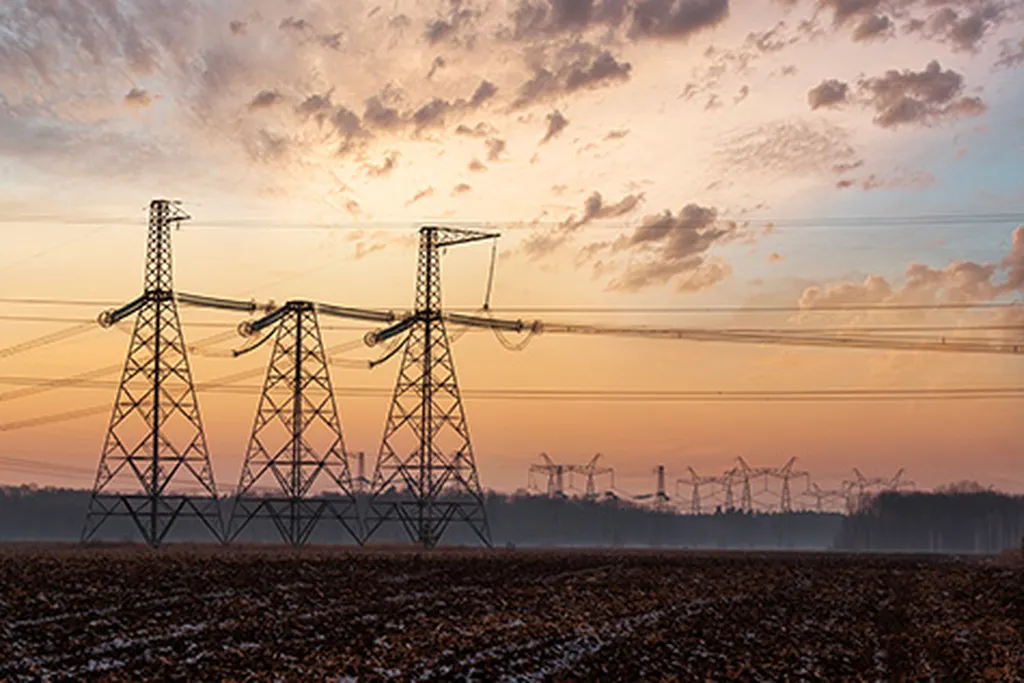In the bustling world of industrial power grids, a silent menace lurks, threatening the stability and safety of electrical systems. This menace is not a villain from a comic book, but a real-world phenomenon: transient overvoltages caused by ground faults. These overvoltages, which can spike significantly higher than nominal values, pose a serious risk to electrical devices and the overall reliability of medium voltage (MV) industrial grids. But fear not, for a team of researchers, led by Yuriy Varetsky from Lviv Polytechnic National University, is shedding light on this issue and paving the way for safer, more reliable industrial power systems.
Varetsky and his team have been delving into the intricacies of MV industrial grids, which often operate with ungrounded neutral points of transformers. This design philosophy, while intended to enhance reliability, can lead to intermittent transient currents during single or multiple phase-to-ground faults. These faults, often caused by arcs, can generate overvoltages that are not only dangerous but also intermittent, making them difficult to predict and mitigate.
The team’s research, published in the journal Energy Engineering and Control Systems, focuses on the impact of these transient overvoltages on adjustable speed drives (ASDs) within industrial grids. ASDs are crucial components in many industrial processes, and their failure due to overvoltages can lead to significant downtime and financial losses. “The intermittent nature of these faults makes them particularly challenging to address,” Varetsky explains. “But by understanding the underlying mechanisms, we can develop more effective strategies to protect our industrial power systems.”
The researchers used Matlab/Simulink software to model system transients during these intermittent faults. Their findings highlight the need for improved grounding methods and better protection strategies to safeguard industrial power systems. But the implications of this research go beyond just protecting ASDs. By understanding and mitigating transient overvoltages, industries can enhance the overall reliability and efficiency of their power systems, leading to reduced downtime, lower maintenance costs, and increased productivity.
As industries continue to rely more heavily on complex electrical systems, the need for robust and reliable power grids becomes ever more critical. Varetsky’s research is a significant step forward in this direction, offering valuable insights that could shape the future of industrial power systems. “Our goal is to make industrial power systems more resilient and reliable,” Varetsky states. “By addressing these transient overvoltages, we can help industries operate more efficiently and safely.”
The research published in Energy Engineering and Control Systems (Energy Engineering and Control Systems) is a call to action for the energy sector. It underscores the need for continued innovation and research in grounding methods and transient overvoltage protection. As industries strive for greater efficiency and reliability, this research offers a roadmap for navigating the complex challenges posed by transient overvoltages. The future of industrial power systems may well be shaped by the insights and innovations emerging from this groundbreaking work.

